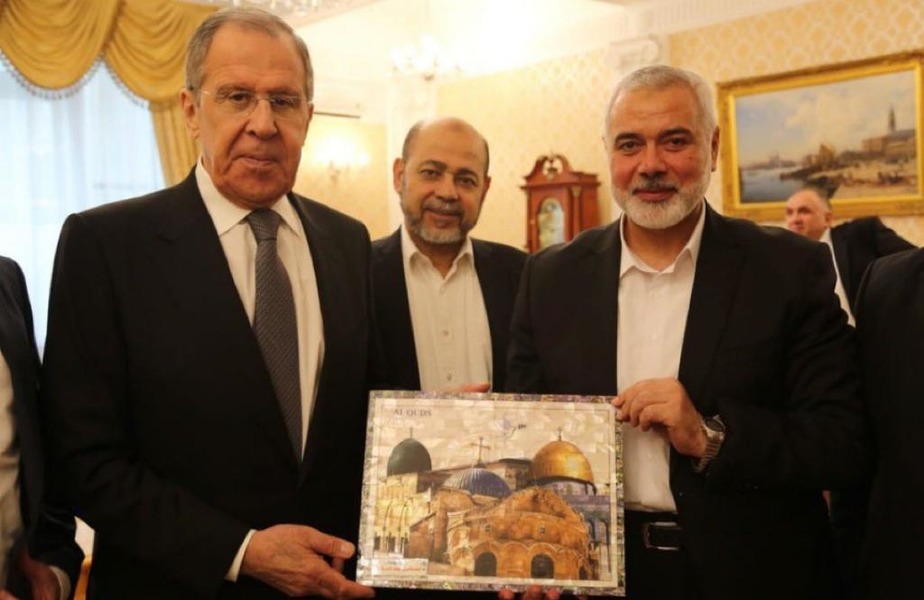On October 7th, HAMAS (militant and nationalist organization) declared war on Israel, by firing over 2200 missiles into Israeli territory within a few hours, causing casualties among both the military and civilian populations.
It is evident that HAMAS will struggle to maintain control over any area, and they will inevitably face a severe retaliation. The magnitude of their actions, such as mutilating bodies of Israeli women and gunning down Israeli children on camera, shows an alarming degree of brutality. The retaliation for these heinous acts will likely be immense, leaving no attackers and direct commanders unscathed. This raises questions about motivations behind such actions. Taking in consideration the fact that HAMAS knew how to balance violence with garnering international support, particularly from the EU, in the past, making this current level of aggression seem different and intentional.
Some evidence suggests that Russia has been assisting HAMAS, in using bomb-dropping drones against modern battle tanks, specifically targeting Israel. These allegations further imply that HAMAS received training and support from Russia for such attacks. Additionally, diplomatic visits between HAMAS leaders and Russian officials have fueled speculation about their collaboration. Russia possesses the necessary experience and expertise in deploying such drones effectively in warfare.
Besides, HAMAS leaders visited Moscow multiple times during 2022-23, engaging with high-ranking Russian officials such as Foreign Minister Sergei Lavrov and Chechen leader Ramzan Kadyrov. Discussions were held regarding a «new world order,» aiming to weaken what was referred to as the «Zionist tumor» and reshape the West. Another aspect of concern centers around the antisemitic comments made by Russian President Vladimir Putin and Foreign Minister Sergei Lavrov. These comments indicate a continuation of a long-standing tradition of antisemitism within Russian politics.
Any escalation in the conflict plays into Putin’s hands, distracting the West and diverting attention from other geopolitical issues. The West’s response undermines the ability to formulate a solid strategy and instead forces them to respond tactically to the escalating crisis. This dynamic ultimately benefits the Kremlin’s interests.

